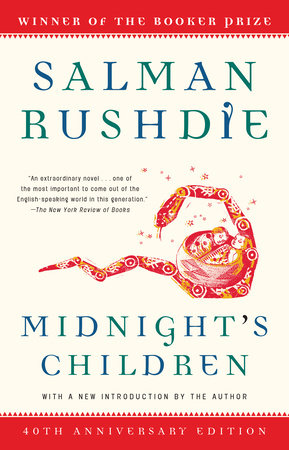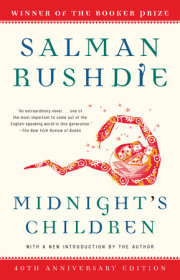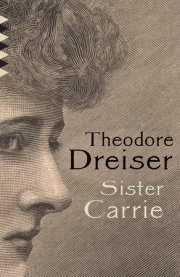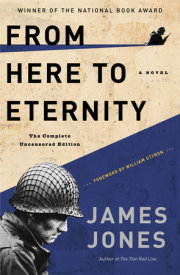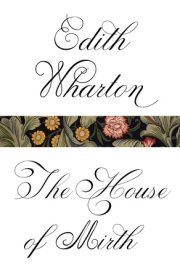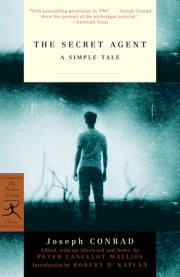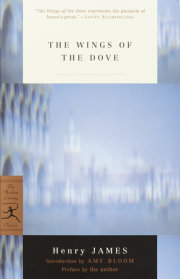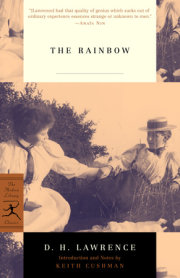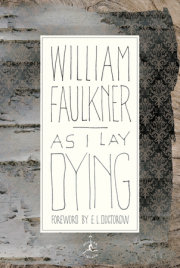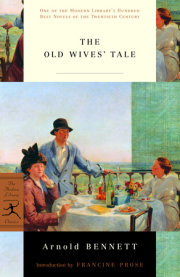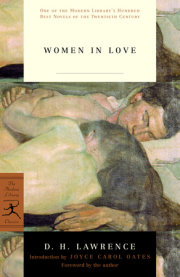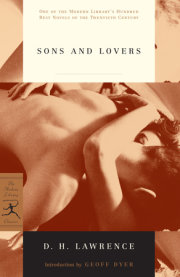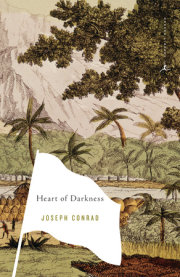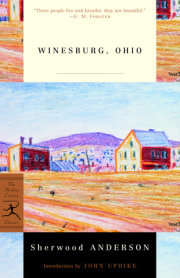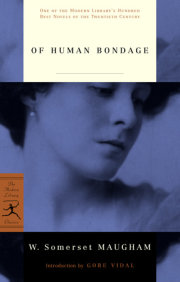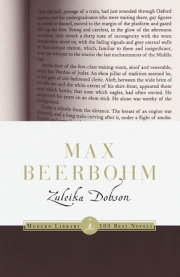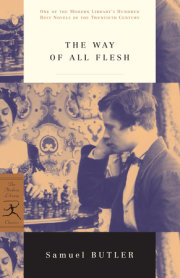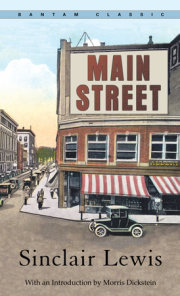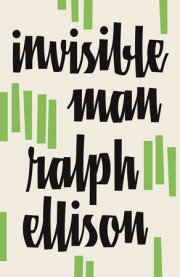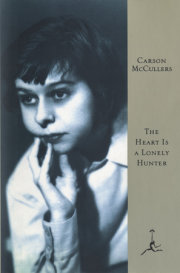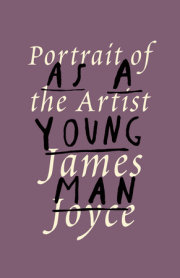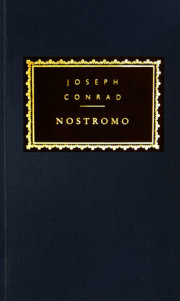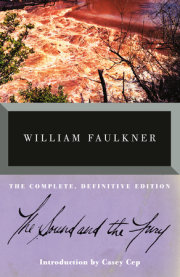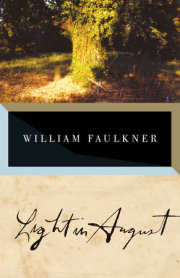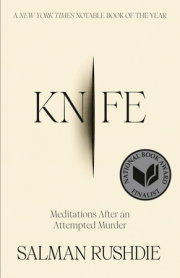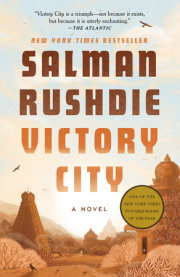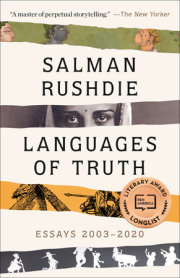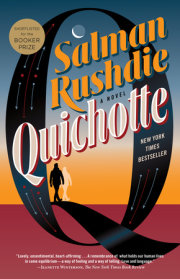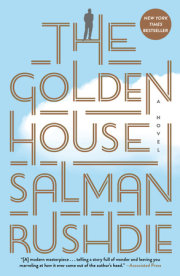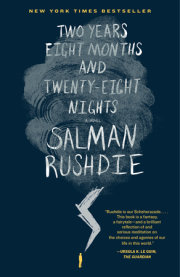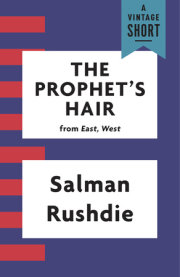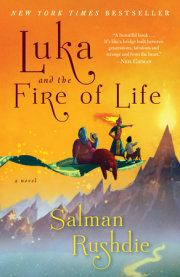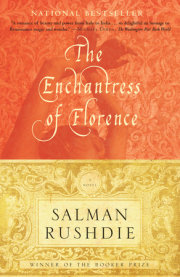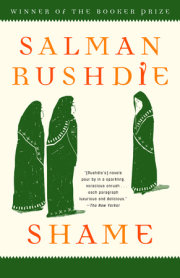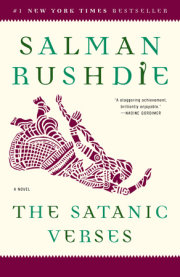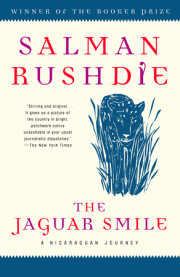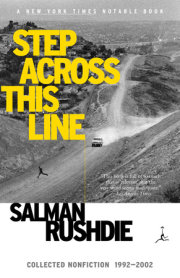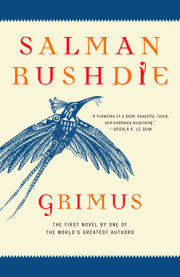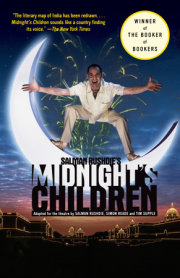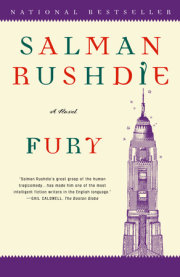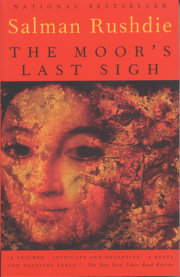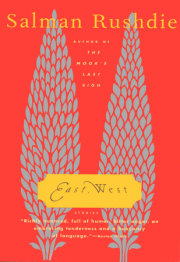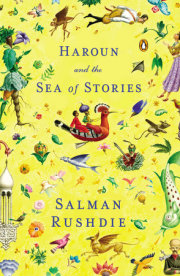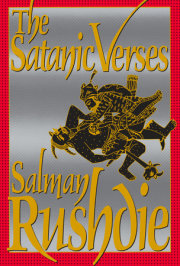The Perforated SheetI was born in the city of Bombay . . . once upon a time. No, that won’t do, there’s no getting away from the date: I was born in Doctor Narlikar’s Nursing Home on August 15th, 1947. And the time? The time matters, too. Well then: at night. No, it’s important to be more … On the stroke of midnight, as a matter of fact. Clock-hands joined palms in respectful greeting as I came. Oh, spell it out, spell it out: at the precise instant of India’s arrival at independence, I tumbled forth into the world. There were gasps. And, outside the window, fireworks and crowds. A few seconds later, my father broke his big toe; but his accident was a mere trifle when set beside what had befallen me in that benighted moment, because thanks to the occult tyrannies of those blandly saluting clocks I had been mysteriously handcuffed to history, my destinies indissolubly chained to those of my country. For the next three decades, there was to be no escape. Soothsayers had prophesied me, newspapers celebrated my arrival, politicos ratified my authenticity. I was left entirely without a say in the matter. I, Saleem Sinai, later variously called Snotnose, Stainface, Baldy, Sniffer, Buddha and even Piece-of-the-Moon, had become heavily embroiled in Fate—at the best of times a dangerous sort of involvement. And I couldn’t even wipe my own nose at the time.
Now, however, time (having no further use for me) is running out. I will soon be thirty-one years old. Perhaps. If my crumbling, overused body permits. But I have no hope of saving my life, nor can I count on having even a thousand nights and a night. I must work fast, faster than Scheherazade, if I am to end up meaning—yes, meaning—something. I admit it: above all things, I fear absurdity.
And there are so many stories to tell, too many, such an excess of intertwined lives events miracles places rumors, so dense a commingling of the improbable and the mundane! I have been a swallower of lives; and to know me, just the one of me, you’ll have to swallow the lot as well. Consumed multitudes are jostling and shoving inside me; and guided only by the memory of a large white bedsheet with a roughly circular hole some seven inches in diameter cut into the center, clutching at the dream of that holey, mutilated square of linen, which is my talisman, my open-sesame, I must commence the business of remaking my life from the point at which it really began, some thirty-two years before anything as obvious, as present, as my clock-ridden, crime-stained birth.
(The sheet, incidentally, is stained too, with three drops of old, faded redness. As the Quran tells us: Recite, in the name of the Lord thy Creator, who created Man from clots of blood.)
One Kashmiri morning in the early spring of 1915, my grandfather Aadam Aziz hit his nose against a frost-hardened tussock of earth while attempting to pray. Three drops of blood plopped out of his left nostril, hardened instantly in the brittle air and lay before his eyes on the prayer-mat, transformed into rubies. Lurching back until he knelt with his head once more upright, he found that the tears which had sprung to his eyes had solidified, too; and at that moment, as he brushed diamonds contemptuously from his lashes, he resolved never again to kiss earth for any god or man. This decision, however, made a hole in him, a vacancy in a vital inner chamber, leaving him vulnerable to women and history. Unaware of this at first, despite his recently completed medical training, he stood up, rolled the prayer-mat into a thick cheroot, and holding it under his right arm surveyed the valley through clear, diamond-free eyes.
The world was new again. After a winter’s gestation in its eggshell of ice, the valley had beaked its way out into the open, moist and yellow. The new grass bided its time underground; the mountains were retreating to their hill-stations for the warm season. (In the winter, when the valley shrank under the ice, the mountains closed in and snarled like angry jaws around the city on the lake.)
In those days the radio mast had not been built and the temple of Sankara Acharya, a little black blister on a khaki hill, still dominated the streets and lake of Srinagar. In those days there was no army camp at the lakeside, no endless snakes of camouflaged trucks and jeeps clogged the narrow mountain roads, no soldiers hid behind the crests of the mountains past Baramulla and Gulmarg. In those days travellers were not shot as spies if they took photographs of bridges, and apart from the Englishmen’s houseboats on the lake, the valley had hardly changed since the Mughal Empire, for all its springtime renewals; but my grandfather’s eyes—which were, like the rest of him, twenty-five years old—saw things differently … and his nose had started to itch.
To reveal the secret of my grandfather’s altered vision: he had spent five years, five springs, away from home. (The tussock of earth, crucial though its presence was as it crouched under a chance wrinkle of the prayer-mat, was at bottom no more than a catalyst.) Now, returning, he saw through travelled eyes. Instead of the beauty of the tiny valley circled by giant teeth, he noticed the narrowness, the proximity of the horizon; and felt sad, to be at home and feel so utterly enclosed. He also felt—inexplicably—as though the old place resented his educated, stethoscoped return. Beneath the winter ice, it had been coldly neutral, but now there was no doubt; the years in Germany had returned him to a hostile environment. Many years later, when the hole inside him had been clogged up with hate, and he came to sacrifice himself at the shrine of the black stone god in the temple on the hill, he would try and recall his childhood springs in Paradise, the way it was before travel and tussocks and army tanks messed everything up.
On the morning when the valley, gloved in a prayer-mat, punched him on the nose, he had been trying, absurdly, to pretend that nothing had changed. So he had risen in the bitter cold of four-fifteen, washed himself in the prescribed fashion, dressed and put on his father’s astrakhan cap; after which he had carried the rolled cheroot of the prayer-mat into the small lakeside garden in front of their old dark house and unrolled it over the waiting tussock. The ground felt deceptively soft under his feet and made him simultaneously uncertain and unwary. “In the Name of God, the Compassionate, the Merciful …”—the exordium, spoken with hands joined before him like a book, comforted a part of him, made another, larger part feel uneasy—“… Praise be to Allah, Lord of the Creation …”—but now Heidelberg invaded his head; here was Ingrid, briefly his Ingrid, her face scorning him for this Mecca-turned parroting; here, their friends Oskar and Ilse Lubin the anarchists, mocking his prayer with their anti-ideologies—“… The Compassionate, the Merciful, King of the Last Judgment! …”—Heidelberg, in which, along with medicine and politics, he learned that India—like radium—had been “discovered” by the Europeans; even Oskar was filled with admiration for Vasco da Gama, and this was what finally separated Aadam Aziz from his friends, this belief of theirs that he was somehow the invention of their ancestors—“… You alone we worship, and to You alone we pray for help …”—so here he was, despite their presence in his “head, attempting to reunite himself with an earlier self which ignored their influence but knew everything it ought to have known, about submission for example, about what he was doing now, as his hands, guided by old memories, fluttered upwards, thumbs pressed to ears, fingers spread, as he sank to his knees—“… Guide us to the straight path, The path of those whom You have favored …” But it was no good, he was caught in a strange middle ground, trapped between belief and disbelief, and this was only a charade after all—“… Not of those who have incurred Your wrath, Nor of those who have gone astray.” My grandfather bent his forehead towards the earth. Forward he bent, and the earth, prayer-mat-covered, curved up towards him. And now it was the tussock’s time. At one and the same time a rebuke from Ilse-Oskar-Ingrid-Heidelberg as well as valley-and-God, it smote him upon the point of the nose. Three drops fell. There were rubies and diamonds. And my grandfather, lurching upright, made a resolve. Stood. Rolled cheroot. Stared across the lake. And was knocked forever into that middle place, unable to worship a God in whose existence he could not wholly disbelieve. Permanent alteration: a hole.
Copyright © 2010 by Salman Rushdie. All rights reserved. No part of this excerpt may be reproduced or reprinted without permission in writing from the publisher.

